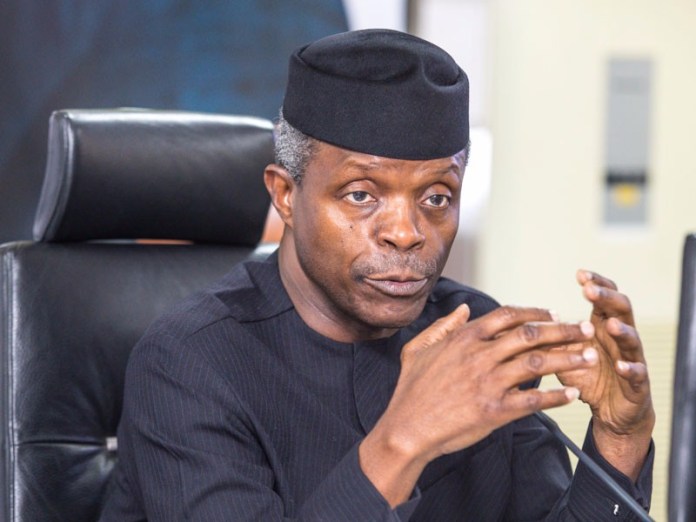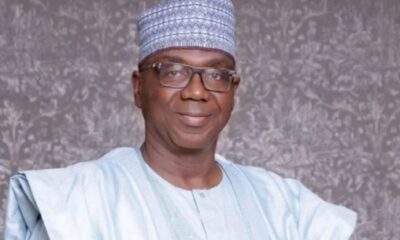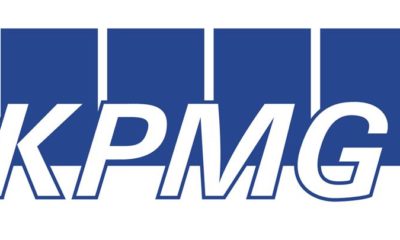Vice-President Yemi Osinbajo has described the country’s exchange rate as “artificially low” and tasked the Central Bank of Nigeria to devalue the naira to reflect the reality of the market.
This he said yesterday at the ongoing Mid-Term Ministerial Performance Review Retreat in Abuja.
currently, N411 is exchanging for a dollar at the official market and above N565 to $1 at the parallel market. VP. Osinbajo affirmed that the artificially low exchange rate was deterring investors from bringing foreign exchange into the country.
“As for the exchange rate, I think we need to move our rates to be as reflective of the market as possible. This, in my own respective view, is the only way to improve supply.
“We can’t get new dollars into the system, where the exchange rate is artificially low. And everyone knows by how much our reserves can grow. I’m convinced that the demand management strategy currently being adopted by the CBN needs a rethink, and that is just my view. Anyway, all those are issues that when the CBN governor has time to address, he will be able to address in full.”
Osinbajo noted that the CBN is competing with the fiscal side of the economy, which includes the ministries, departments and agencies of government.
“There must be synergy between the fiscal and the monetary authority. We must be able to deal with the synergy, we must handle the synergy between the monetary authority, the CBN, and the fiscal side.
“Sometimes, it appears that there is competition, especially on the fiscal side. If you look at some of the interventions, you will find that those interventions are interventions that should be managed by ministries.
“The ministry of industry, trade and investment should handle MSMEs interventions, and we should know what the CBN is doing. In other words, if the CBN is intervening in the MSME sector, it should be with the full cooperation and consent of the ministry of industry.
“Sometimes you will get people who are benefiting more than once because we simply have no line of sight on what is going on, on one side.”
On surviving the economic challenge of 2020, Osinbajo said Buhari’s administration deserves commendation for providing steady leadership through the crisis.
“Let me say on the whole that we have been able to weather the storm of a very very serious economic challenge. I think that is largely on the steady and stable leadership we received from the president. I think if Mr. President had panicked in that period, we would have had a lot of difficulties, perhaps we would be in a much worse situation.
“He deserves the commendation for providing that steady hand when that was required.”
However, reacting to the VP’s call, Apapa branch Chairman of Manufacturers Association of Nigeria (MAN), Mr Frank Onyebu, said the continuous, apparent and uncontrolled devaluation of the Naira is a recipe for disaster
“I’m actually shocked that after nearly 100 percent devaluation within a very short space of time, we are still talking about further devaluation. The question is, when is this going to end? We appear to be headed down a bottomless pit. This is obviously not good for business. You cannot expect any serious investor to invest in an unstable environment like ours. We are going to end up with more closed businesses and more people thrown into the already overblown Labour market.”
Similarly, Chairman, Small and Medium Scale, Enterprises (SMEs), at the Lagos Chamber of Commerce and Industry (LCCI), Daniel Dickson-Okezie, observed that the last devaluation in May 2021 was done without considering its consequences and that has led the nation to spiral inflation.
“One major consequence of further devaluation of the Naira is that prices will move further up making life unbearable for Nigerians. Cost of production and cost of imports will move up. Operators in the real sector will continue to relocate to other countries. There will certainly be an increase in the level of poverty. This will further worsen the gap between the rich and the poor. It will further lead to the loss of jobs as well as government revenue. In a nutshell, a further devaluation of the Naira will have dire consequences, both economic and political,” he warned
Mr Kurfi Garba, senior stockbroker and investment analyst said rather than devaluing the Naira, the two exchange rates (official and the parallel rates) should be merged.
“Once that is done, dollar will be more available and things will be better. It does not make sense to sell my dollar at the official rate price of N417/$1 when a dollar is worth N575 in the parallel market. So, why don’t we merge these two rates to get more dollar inflow and Naira will get to its level and everyone will be at peace.”



 Naira3 weeks ago
Naira3 weeks ago


 News4 weeks ago
News4 weeks ago




 Naira4 weeks ago
Naira4 weeks ago


 Jobs3 weeks ago
Jobs3 weeks ago


 Travel3 weeks ago
Travel3 weeks ago
 Naira3 weeks ago
Naira3 weeks ago
 Naira3 weeks ago
Naira3 weeks ago
 Investment4 weeks ago
Investment4 weeks ago
















